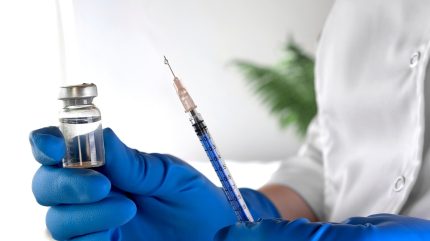
Biotechnology company Arbele has received a positive recommendation from the Data Monitoring Committee (DMC) to continue the Phase I clinical trial of cabotamig (ARB202) for advanced gastrointestinal (GI) cancers.
The DMC, comprising independent experts, based its recommendation on an interim safety assessment of 18 patients, including those who received multiple doses of cabotamig.

Discover B2B Marketing That Performs
Combine business intelligence and editorial excellence to reach engaged professionals across 36 leading media platforms.
Its second review recommends the dose escalation continuation in the study as per protocol.
The A001 trial is a first-in-human, multi-center study designed to assess the safety, tolerability, pharmacokinetics, pharmacodynamics, and anti-tumour activity of cabotamig in patients with advanced GI malignancies expressing Cadherin-17 (CDH17).
CDH17, an adhesion molecule attaches to self and integrin α2β1 and its expression in humans is limited to gastrointestinal tissue. It also involves in cancer progression and associated with poor prognosis.
The study includes a dose-escalation stage followed by a multiple ascending dose study.

US Tariffs are shifting - will you react or anticipate?
Don’t let policy changes catch you off guard. Stay proactive with real-time data and expert analysis.
By GlobalDataAll patients except those with colorectal cancer are screened for tumours that express CDH17 using TibTech automated tissue diagnostic platform.
If CDH17 is expressed, patients are qualified for dosing screening. Colorectal cancer patients may qualify for screening without CDH17 marker testing.
Cabotamig is a bispecific antibody targeting both CDH17 on GI cancer cells and CD3 on T cells. Its unique binding affinities allow for high specificity and cytotoxicity, minimising impact on normal cells expressing CDH17.
Preclinical studies have shown ARB202’s ability to facilitate T-cell attachment and activation.
Arbele chief medical officer Dr Dennis Wong said: “We are greatly indebted to the courageous subjects who have participated in this early study of cabotamig that have allowed us better understand the safety profile while optimising the dosing of this promising therapy.”





